
A recent study identified 3 novel loci that are associated with Parkinson disease progression to dementia: RIMS2, TMEM108, and WWOX.

A recent study identified 3 novel loci that are associated with Parkinson disease progression to dementia: RIMS2, TMEM108, and WWOX.
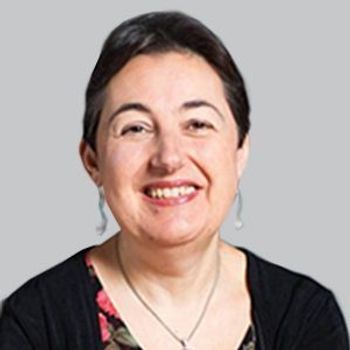
The Epilepsy Digital Experience Navigator, or EDEN, platform, is being developed in tandem with Embleema, with an aim of improving data use and collection for individuals with epilepsy.

The Vice-Chair for Research at the Cleveland Clinic Neurological Institute discussed his team’s efforts to find the minimally effective dose of IMU-838.

Spencer Hutto, MD, a fellow of autoimmune neurology at Massachusetts General Hospital, discussed his team’s investigation into demyelinating events after the use of TNFαi inhibitors.

Neurology News Network for the week ending May 8, 2021.
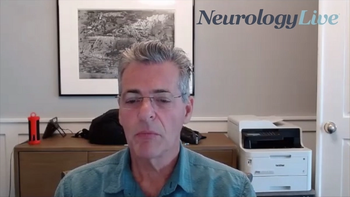
The Ralph and Luci Schey Chair and Director of the Schey Center for Cognitive Neuroimaging at Cleveland Clinic discussed his team’s investigations presented at the 2021 AAN Annual Meeting.

Take 5 minutes to catch up on NeurologyLive's highlights from the week ending May 7, 2021.
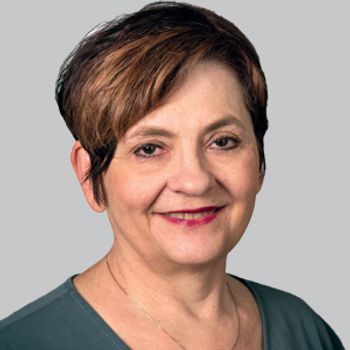
Paula K. Schweitzer, PhD, discussed her findings on the safety and efficacy of solriamfetol in patients receiving OSA therapy and the need for more research on residual excessive daytime sleepiness.

The associate professor and director of the Headache Medicine Fellowship Program at Thomas Jefferson University detailed the ways clinicians can tailor their treatment regimens better.
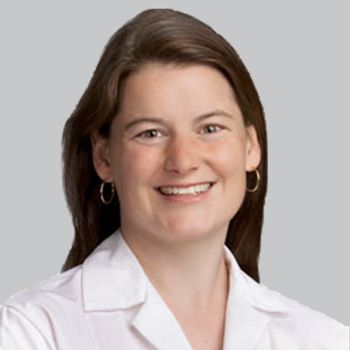
Didactic lectures were the most commonly used teaching format by all specialties, with pulmonary and critical care medicine and neurology reporting the highest hours of attendance.

"Mind Moments," a podcast from NeurologyLive, brings you an exclusive interview with Elyse Stock, MD, and Thomas Shiovitz, MD.

The associate professor of neurology at Columbia University and medical consultant and care center director, Muscular Dystrophy Association, discusses the impact that the Ice Bucket Challenge and ALS Awareness Month have had on the ALS treatment landscape.

A recent review outlined the clinical features, pathophysiology, and treatments for cluster headache, finding noninvasive vagus nerve stimulation to be effective in various ways.
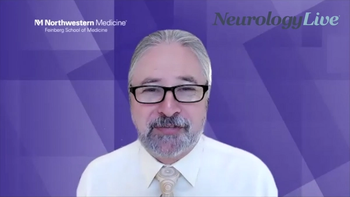
The vice chair for research at the Northwestern University Feinberg School of Medicine discussed the Mobile Toolbox Battery that his team developed.

Findings on multiple cognitive end points and biomarkers support lecanemab’s therapeutic concept for the targeting of specific oligomeric species in the process of pathophysiological amyloid generation in Alzheimer disease.

The director of the Center for Neurological Restoration at Cleveland Clinic spoke to how identifying care gaps in Parkinson disease patients is not a niche issue, but part of a bigger problem.

Jeffrey Guptill, MD, MS, MHS, associate professor of neurology at neurologist at Duke University, detailed early positive results for nipocalimab in myasthenia gravis and the urgency to provide more treatment options for patients.

Results showed that SRP-5051 30 mg/kg is likely to deliver greater than 10% dystrophin over time with monthly dosing in Duchenne muscular dystrophy.

Recent Foundation for Angelman Syndrome Therapeutics grants funded the hotline as well as work to develop cell line models for rarer genotypes of AS.
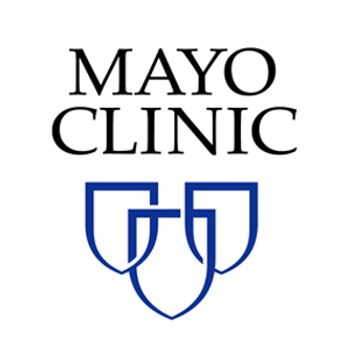
Lightheadness, loss of balance, vision changes, and abnormal eye movements led to the discovery of cancer in one specific patient.

In preclinical data, VY-HTT01 showed a robust and durable reduction of huntingtin mRNA and protein while distributed across core areas of Huntington disease pathology.

The associate professor of Neurology at the Cleveland Clinic Lerner College of Medicine of Case Western Reserve University discussed the findings of his presentation at AAN 2021.

The neurologist from Cleveland Clinic discussed his study presented at AAN 2021 involving the use of responsive neurostimulation in older adults with drug-resistant focal epilepsy and further expanding research in this space.

Researchers found that patients with epilepsy that later died from SUDEP had an abnormal cardiac response after hyperventilation.
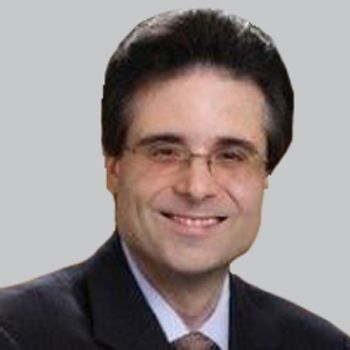
Kim Bishop, PhD, and Arnold Gammaitoni, PharmD, discussed the ways fenfluramine impacts not only seizure frequency, but executive function in individuals with Lennox-Gastaut syndrome.

The director at AbbVie highlighted where atogepant stands among the increasing treatment landscape of anti-calcitonin gene-related peptide options within the migraine treatment landscape.

After in-clinic therapy, participants in the Paired VNS group showed a 5.0-point improvement in the Upper Extremity Fugl-Meyer Assessment compared to 2.4 points in controls.

The staff neurologist at the Mellen Center for Multiple Sclerosis Treatment and Research at Cleveland Clinic spoke to a study using the digital Manual Dexterity Test.

A survey of more than 500 individuals also found that dyskinesia impacted social interactions and reported that OFF time was isolating.

The director of the sleep disorders center at Cleveland Clinic discussed her investigations into low-sodium oxybate presented at AAN 2021.